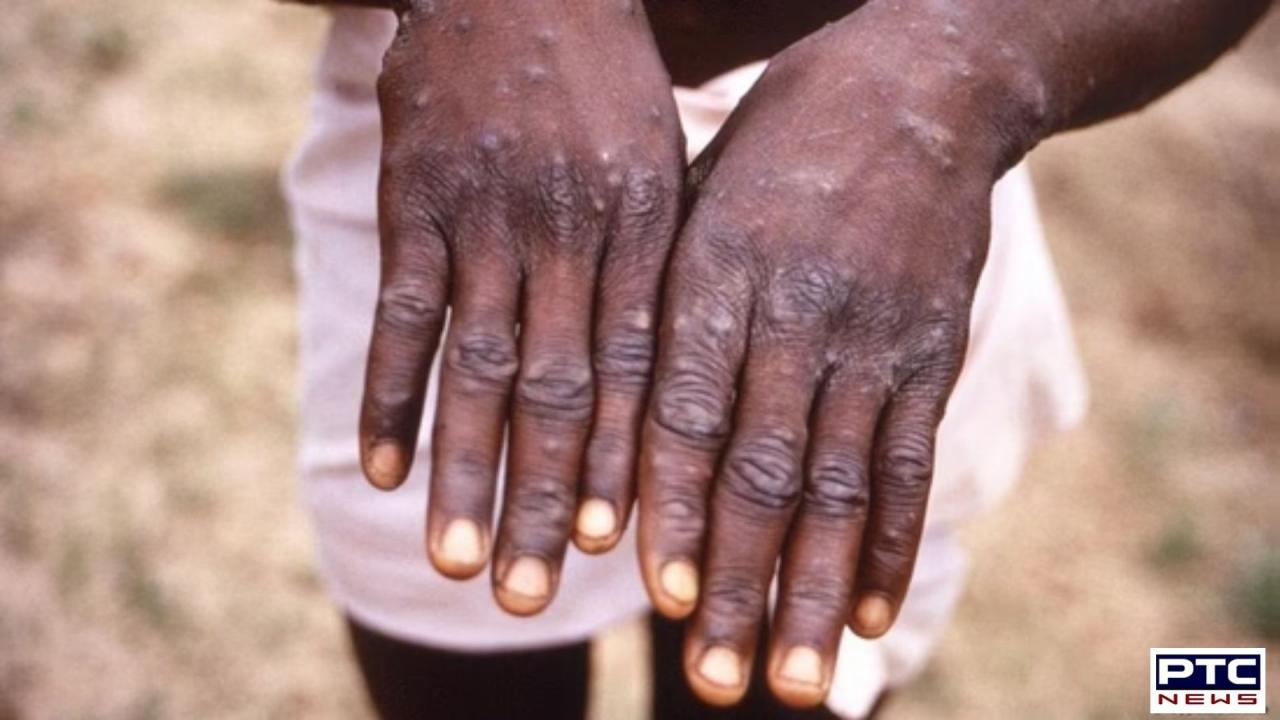

Mpox outbreak: WHO declares global health emergency: Symptoms, prevention, and reasons behind the alert—explained
Mpox outbreak: The World Health Organization (WHO) has officially declared Mpox, previously known as Monkeypox, a global health emergency in response to the rising number of cases in Africa. This significant announcement was made following a meeting of the UN health agency's emergency committee, which convened to assess the severity of the situation.
"Today, the Emergency Committee on #mpox met and advised me that in its view, the situation constitutes a public health emergency of international concern. I have accepted that advice. @WHO is on the ground, working with the affected countries, and others at risk, through our country and regional offices, as well as with partners including the @AfricaCDC, NGOs, civil society, and more," WHO Director-General Tedros Adhanom Ghebreyesus shared in a post on X (formerly known as Twitter).
Mpox is a viral disease caused by the Monkeypox virus, a member of the Orthopoxvirus genus. The virus was first identified in 1958 during outbreaks of a “pox-like” illness in monkeys, which is how it received its name. Until recently, Mpox was primarily found in central and West Africa, where human cases occurred mainly in individuals who had close contact with infected animals.
Although Mpox is related to the smallpox virus, it typically results in milder symptoms.
Individuals infected with Mpox often develop a rash that can appear on various parts of the body, including the hands, feet, chest, face, mouth, and near the genital areas. This rash progresses to form pustules (large, pus-filled pimples) and scabs before eventually healing.
Additional symptoms include fever, headache, muscle aches, and swollen lymph nodes as the body attempts to fight off the virus. While Mpox is rarely fatal, severe cases can occur.
Importantly, an individual with Mpox can transmit the virus to others from the onset of symptoms until the rash has completely healed and a new layer of skin has formed.
Also Read: Rahul Gandhi's Independence Day seating arrangement sparks controversy; government responds
According to the Centers for Disease Control and Prevention (CDC), Mpox symptoms typically appear within 21 days of exposure to the virus. The incubation period, which ranges from 3 to 17 days, is the time during which an infected person shows no symptoms and may feel well.
Mpox can be transmitted through direct skin-to-skin contact, saliva, upper respiratory secretions (such as mucus), bodily fluids, or contact with lesions around the genital area. Prolonged face-to-face interactions, such as talking or breathing near someone who is infected, can also facilitate the spread of the virus. Additionally, contact with contaminated objects, fabrics, and surfaces that have not been disinfected after use by someone with Mpox can lead to infection. Pregnant women with Mpox can pass the virus to their fetus during pregnancy or to the newborn during and after birth.
Vaccination is a key preventive measure against Mpox. Given the similarities between the Mpox virus and the smallpox virus, the smallpox vaccine offers protection against Mpox.
In the 2022 outbreak of Mpox, many countries successfully contained the virus using vaccines and treatments, alongside public health campaigns encouraging people to avoid risky behaviours. However, access to vaccines and treatments has been limited in Africa.
In response to the outbreak, the Democratic Republic of Congo has entered discussions with donors about potential vaccine donations and has received financial aid from the United States and the United Kingdom. The WHO has also allocated $1.45 million from its emergency fund to support Mpox response efforts in Africa.
The WHO’s decision to declare Mpox a global health emergency comes after more than 14,000 cases and 524 deaths were reported in Africa this year alone. A staggering 96% of these deaths have occurred in Congo.
This global health emergency declaration underscores the serious concern among scientists about the potential for Mpox to spread further. While WHO has not labeled Mpox a pandemic, the measures now in place aim to prevent the virus from reaching pandemic status.
In the past month, Mpox has spread to several countries in East Africa, including Rwanda, Burundi, Kenya, and Uganda—all of which share borders with the Democratic Republic of Congo. The virus has also spread to other continents in the past, as evidenced by the 2018 outbreak when Mpox spread from Nigeria to the United Kingdom and other countries.
In today’s interconnected and highly mobile world, there is a risk that Mpox could spread further across continents, reinforcing the importance of global vigilance and preparedness in combating the disease.
Also Read: Odisha grants one-day paid menstrual leave for women in Independence Day announcement
- With inputs from agencies
